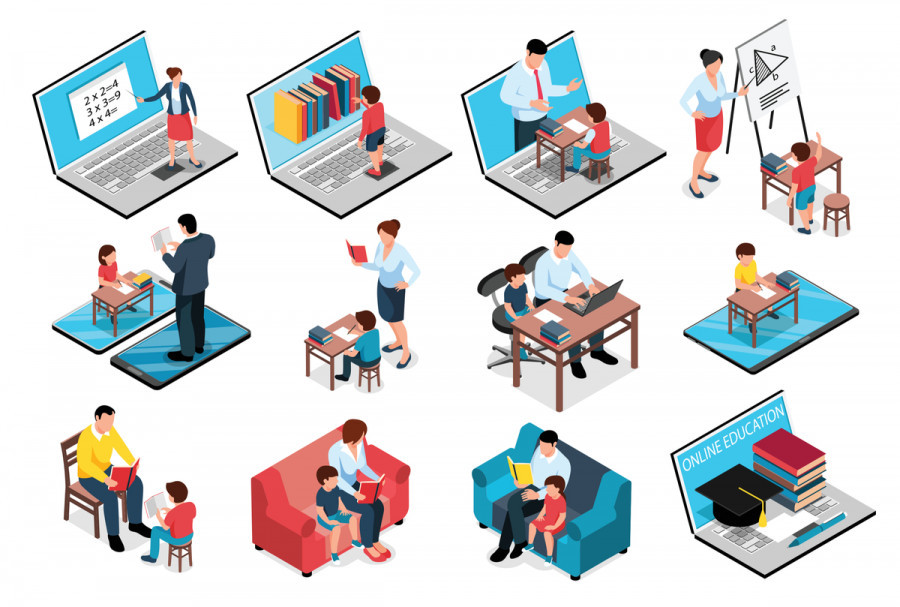Editorial
Exams or no exams
Students should not be made the victims of the older generation's lethargy.
If these were normal times, secondary school students across the country would be in the thick of preparing for their final exams due in the next few months. But this year has been different. The government wishes to complete the current academic session by March-April. It shortened the curriculum by a third to compensate for the loss of working days in the wake of the Covid-19 pandemic. But it is increasingly becoming clear that the shortened coursework is not going to get over either. As the Post reported on Monday, virtual learning has remained ineffective for two-thirds of school students, or up to 64.3 percent, according to a recent survey. A study carried out by UNICEF Nepal in August showed that more than two-thirds of Nepal's schoolchildren are deprived of distance learning opportunities.
There has also been a huge disparity in the teaching-learning process because some students have studied online while others, especially those outside the Kathmandu Valley, have learnt offline. Students in various grades and various kinds of institutions have reported to having learnt less than expected in the online mode. Parents believe that their wards may not have learnt much this year in terms of course studies to be upgraded to the next level, prompting them to think it would be better to postpone the academic session by a few months. So this is probably going to be a highly discriminatory exam.
The SEE results were not perfect as several schools across the country were suspected to have given favourable grades to their students. But that is still better than imposing discrimination, as many students across the country have not been able to benefit from online teaching. Even if the situation might change a bit in the next four or five months as the efficacy of vaccines becomes more apparent, it is not going to be drastically different. Public health experts and scientists have said almost in unison that a sense of normalcy will not be established until the next winter. In such a scenario, the next four or five months, when the SEE tests are to be conducted, are nowhere close to getting normal.
The brighter side of the Covid-19 pandemic is that the students have learnt about the uncertainties of life and death, the necessity of a robust public health system, and the transient nature of everything we take for granted in this world, through real-life experience and not just course books. So it is not going to make much of a difference whether the SEE exams are conducted or the internal exams are going to be the basis on which the SEE results are declared. But what makes a difference is whether the students are informed in advance. What we cannot do this time is tell the students again, like last year, that the SEE exams have been cancelled just one day before.
Students invest their time and energy in preparing for the tests. If the SEE exams are not going to be conducted this year, they would rather spend their time indulging in their hobbies. If they are going to be conducted by hook or by crook, then the decision must be made now. The young generation should not be made to grow with the impression that the older generation spends much of its time in indecision. They should not be made the victims of the older generation's lethargy.




 8.79°C Kathmandu
8.79°C Kathmandu














